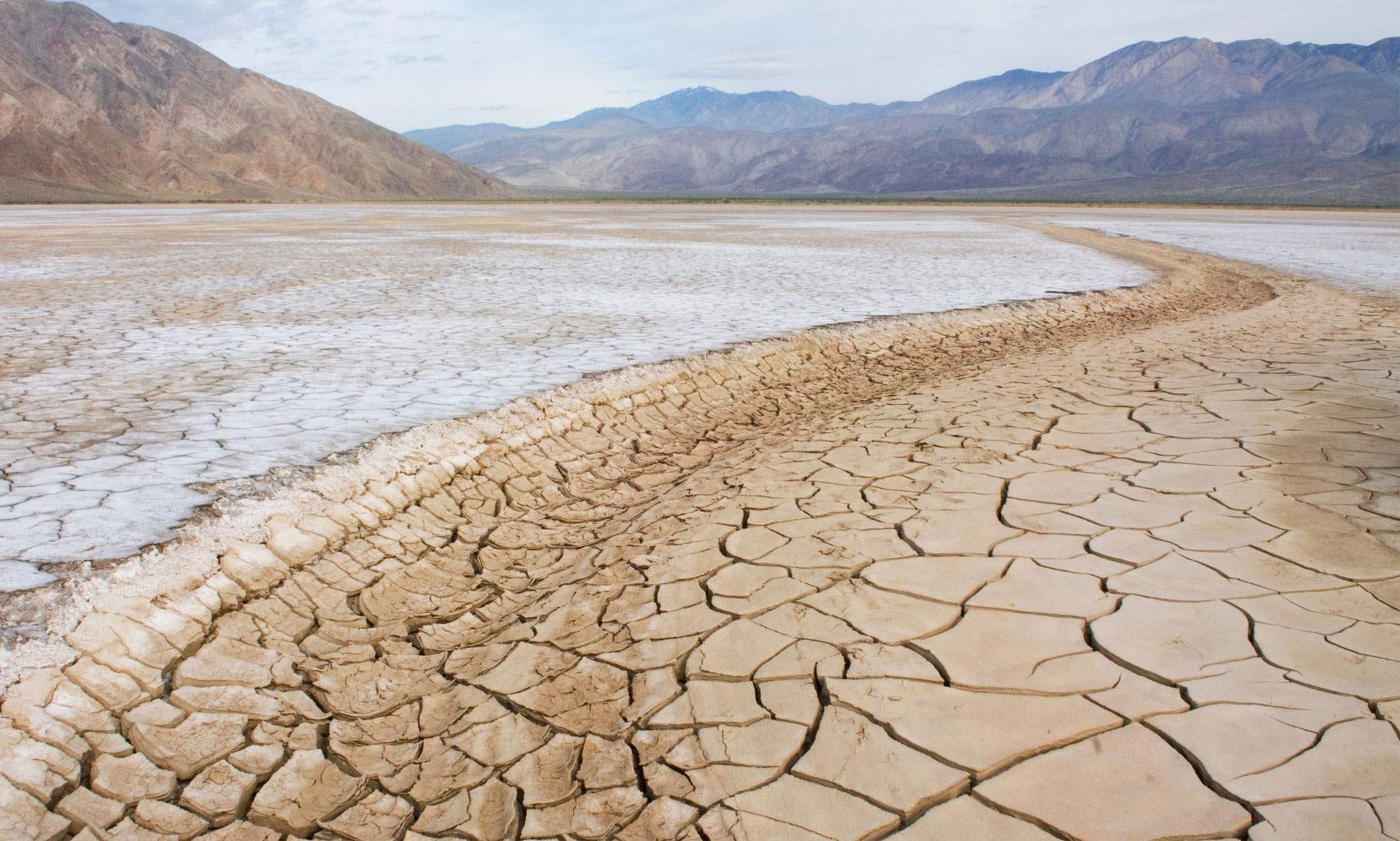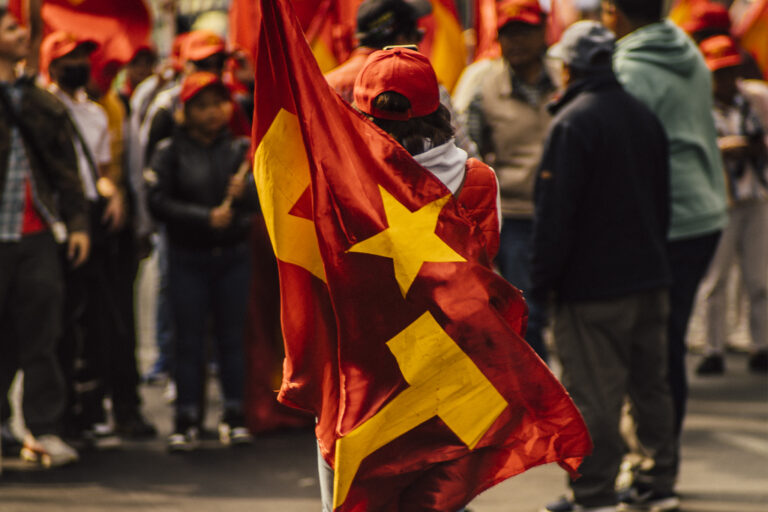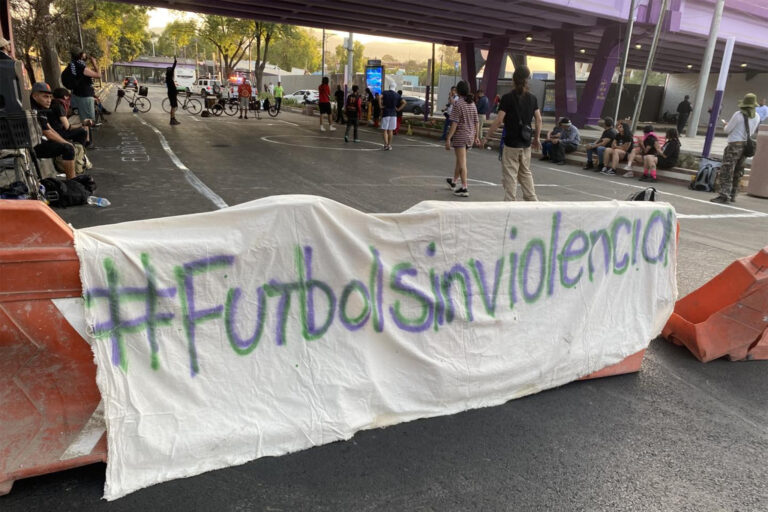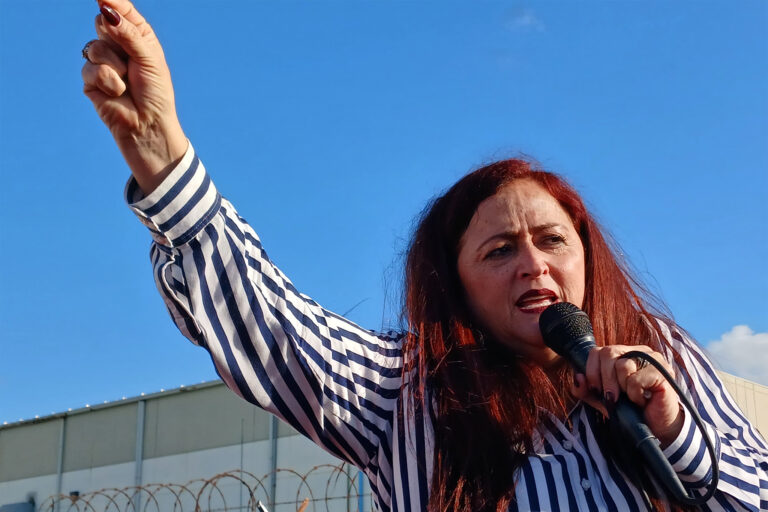Real Estate Developers Fradulently Monopolizing Water in Mexico says CONAGUA
This article by Julio Gutiérrez first appeared in the June 24, 2025 edition of La Jornada, Mexico’s premier leftist daily newspaper.
Mexico City. While communities across the country suffer up to 40 days without access to water, the government has identified concessions granted for agricultural use that actually supply real estate developments or are used to monopolize the resource, reselling it in tanker trucks to the neediest areas, announced Mauricio Rodríguez Alonso, deputy director of the National Water Commission (Conagua).
Faced with this situation, the agency is reviewing more than half a million water titles to curb irregular practices and guarantee the human right to water, while also implementing the National Water Plan, since in Mexico “there is profound inequality in the distribution of water; there are areas where even the bare minimum is lacking.”
“There are families who go more than 40 days without water , in areas where water is hoarded, stored, not for months, but for years. We are clear that water is fundamental to the economic development of this country,” said Rodríguez Alonso while participating in BBVA’s Third Summit on Sustainability and Economic Development.
In April, using figures from UNESCO, BBVA announced that our country is suffering from a high level of water stress , a situation in which the demand for water is greater than the amount available.
This Tuesday, the deputy director of Conagua indicated that 76 percent of the available water in Mexico is used for agriculture, 15 percent is used for urban purposes, while industry and energy generation account for 9 percent.
Excessive Concessions
And although the government aims to ensure equitable, rational, and orderly distribution of inputs among the population and industry, several factors currently represent obstacles, he noted.
One of the main reasons is that the country has an excess of water use concessions that were granted in the past.
“In 1992, when the National Water Law was enacted, there were 2,600 concessions nationwide before the enactment of that law. From 1992 to 2003, these concessions grew to 360,000. Water concessions were over-concessioned, leading to the loss of sight of certain axes, such as equitable distribution and agricultural and industrial growth,” Rodríguez Alonso explained.
At the same time, the official acknowledged that “Conagua doesn’t have an adequate platform; we have databases that don’t interoperate. What impact does all this have? Not having adequate technological mechanisms internally impacts the service we provide as a public institution.”
Order Concessions
The Commission’s deputy director stated that five key actions have been taken to address these problems: organizing concessions, streamlining water use in rural areas, strengthening municipal and state infrastructure, cleaning up rivers, and developing a national agreement on the input.
Regarding the reorganization of concessions, the deputy director of Conagua stated that “uses have been identified as agricultural, but are now real estate developments. They still haven’t paid for agricultural use; today they are real estate developments… We need to regularize and know how much water is being used so that what isn’t used can be supplied.”
“We have areas of the country, like the north and center, that don’t have water. What’s stopping that? When a company comes to us to request a concession, we can’t take it.”
“And in those same areas, what we have are several concessionaires who are hoarding it; they don’t use it, they store it. In the worst cases, they sell it to the water trucks that distribute water to the neighborhoods. They sell the stored water to the trucks, and the trucks, in turn, sell it to the neediest populations.
“We have begun a process of reviewing the 538,000 water titles held by Conagua. We are currently reviewing about 326 of them, one by one, determining whether they pay or not, and how much water they use so we can make a decision based on that.”
Inspections
Rodríguez Alonso added that the Commission has also begun conducting a series of inspections to prevent hoarding of the input.
“We are conducting inspections across the country to prevent hoarding. There are two types of illegal water use: first, those who drill a well without a concession, which affects availability in the region, and then there are those who have a concession and use it for other purposes. We are conducting inspections for that purpose.”
-
Workers Party Claims Sheinbaum Electoral Reform Will Eliminate Party System
The socialist party’s leader recalled the democratic spaces that the left managed to conquer with the 1977 & 1996 reforms, a “fruit of countless struggles, repressions, imprisonments, disappearances and even armed uprisings.”
-
Anti-FIFA Challenge: Football Defends the Territory
Mexico City residents are organizing Anti-World Cup Days to protest water theft and gentrification that have accompanied preparations for the World Cup, put on by the corrupt, international criminal consortium known as FIFA.
-
Tridonex Strike in Matamoros to Start March 6th
1,300 workers are expected to strike, demanding the company fulfill its obligation to pay workers in full. Tridonex is owned by First Brands, the US autoparts corporation accused of massive fraud.




